
Nine tips for Men's Health
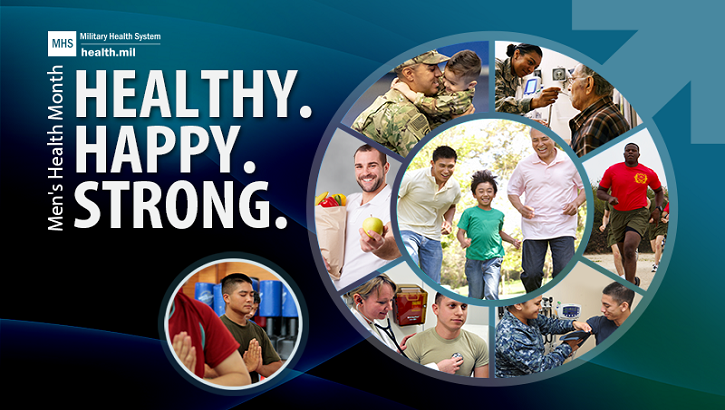
Many of the major health risks that men face can be prevented with a healthy lifestyle, and a healthy lifestyle can start with one small choice.
Let’s face it, men are often hesitant to talk about their health concerns or visit the doctor. That needs to change. According to the Centers for Disease Control and Prevention, men die at higher rates than women from heart disease, cancer, diabetes, influenza/pneumonia, kidney disease, accidents, and suicides. Early detection and treatment can improve your odds of surviving illnesses.
Many of the major health risks that men face can be prevented with a healthy lifestyle, and a healthy lifestyle can start with one small choice. Make your first one today! Here are nine tips to get you started:
Move. Men need at least 150 minutes of moderate aerobic activity, or 75 minutes of vigorous aerobic activity, each week. Moderate activities include brisk walking and mowing the lawn. You should still be able to have a conversation while doing these activities, but not quite hold an extended musical note of your favorite song. Vigorous activities include running, swimming laps, singles tennis, bicycling at least 10 mph, or jumping rope. Add strength and resistance training exercises (body weight or gravity alone is fine) at least twice a week, and include all major muscle groups, doing one set of 10 repetitions per exercise.
Say no to tobacco. Quitting smoking improves your health and lowers your risk of heart disease, cancer, lung disease, and other smoking-related illness. Avoid secondhand smoke. Don’t vape, chew tobacco, or use other tobacco products. They all increase your risk of cancer.

Air Force Reserve Lt. Col. Christopher W. Bunt, M.D.
Control stress. Stress is part of life. Focus on taking care of yourself. Talk to friends and loved ones. Let them know how you're feeling and how they can help. Don’t use drugs or alcohol in an attempt to deal with your stress. They create more problems than they solve.
Eat better. Reduce your consumption of processed and packaged foods. Stick to shopping for what’s on the outside aisles of the grocery store. Pick one dietary indiscretion – something you don't need to eat -- and cut back. Eat more fruits, vegetables, and nuts. Instead of beef, try fish, chicken, turkey, or pork.
Drink water. Increase your water intake when you are more physically active in hot or cold climates, running a fever, or have diarrhea or are vomiting. If your urine is clear, you're appropriately hydrated. Carry a reusable water bottle throughout the day and sip from it regularly. Refill it when empty. When eating out, substitute water with a wedge of lemon or lime for a sugar-sweetened beverage.
Get plenty of sleep. Sleep hygiene is crucial. Go to bed and get up around the same time every day. Sleep in a cool, quiet, dark place. Don’t watch TV or use your phone in bed. Aim for seven or eight hours of sleep per night.
Prevention first. Cancer screening tests can spot disease early, when it's easier to treat. And immunizations can prevent many illnesses from impacting you at all. If you have any concerns, visit your doctor before they become major issues.
Nurture positive relationships. Be present with your loved ones. Stop staring at electronic screens and live in the moment with those around you. Help others. Be kind. Smile and laugh more. Complain less.
Use mindfulness. Consider activities that allow for self-reflection. Mindfulness apps can help start you on this process. Meditation, yoga, and other “centering” activities can further expand your mind. At the end of your day, reflect about something you learned and how you can use that to improve your tomorrow.
Take Command of your health during Men’s Health Month
Article
6/6/2019
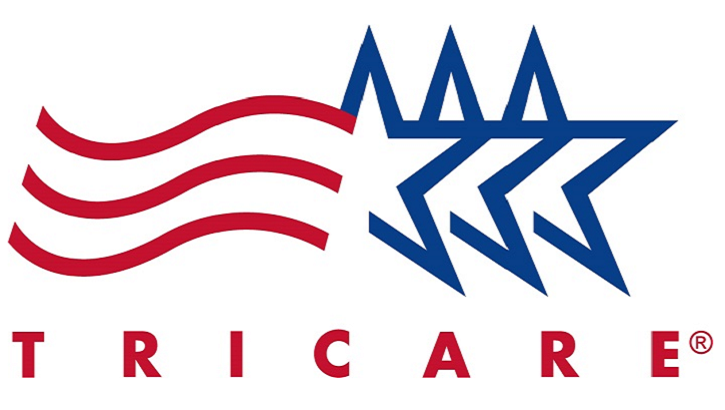
Men’s Health Month is a great time to focus on taking preventive steps and making small changes to your lifestyle
A healthy lifestyle is integral to achieving my career goals
Article
6/4/2019
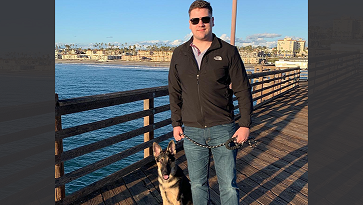
Men's Health Month reminds me to go beyond box-checking
Mobile app aids ‘truly informed’ contraception conversations between patients, providers
Article
3/11/2019

Decide + Be Ready, an app that provides information on contraception for men and women, is designed to help patients make informed decisions with their providers. The app also includes a module to address the unique needs of service women around deployment and duties.
'Fused' technologies give 3D view of prostate during biopsy
Article
1/9/2019
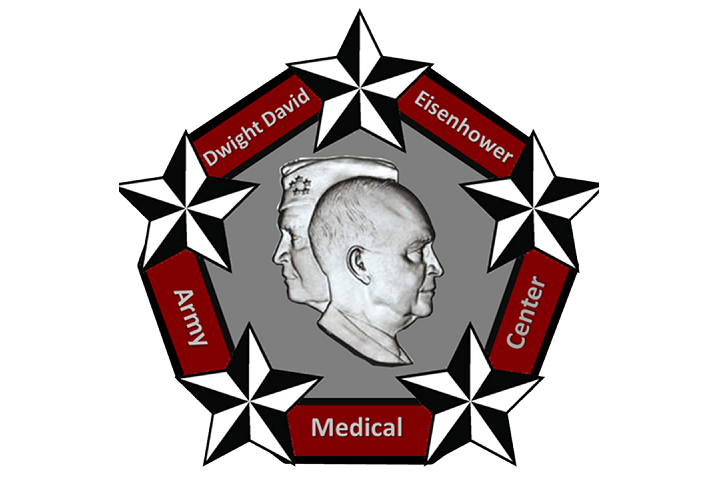
Other than skin cancer, prostate cancer is the most common cancer in American men
Prostate Cancer Awareness Month: Empowering patients
Article
9/28/2018
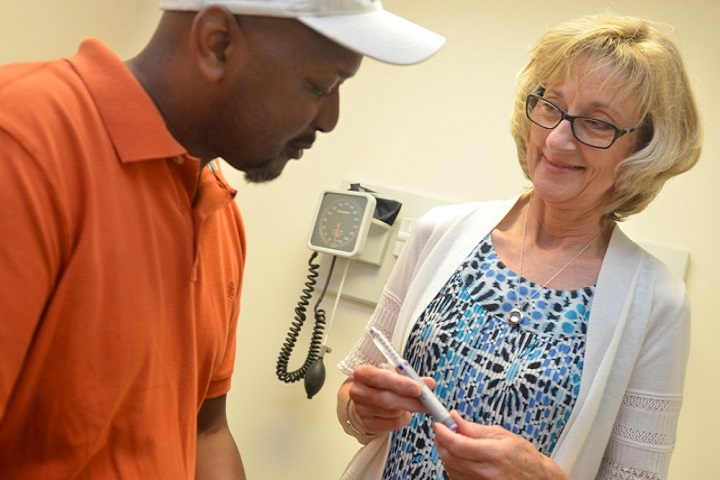
For September’s Prostate Cancer Awareness Month, the Military Health System is encouraging men to learn more about the disease
How sharing my PTSD struggles helped others—and me
Article
9/4/2018
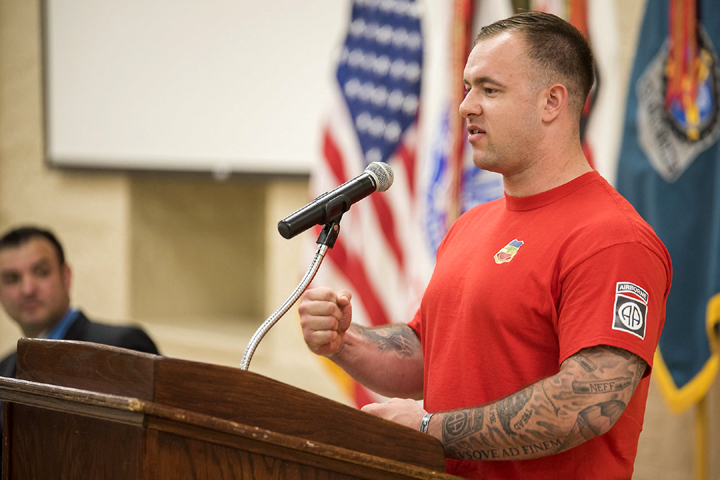
Army Sgt. Jon Harman 82nd Airborne Division, liaison officer at Walter Reed Military Medical Center
Proactive health readiness key to Men's Health month
Article
6/19/2018
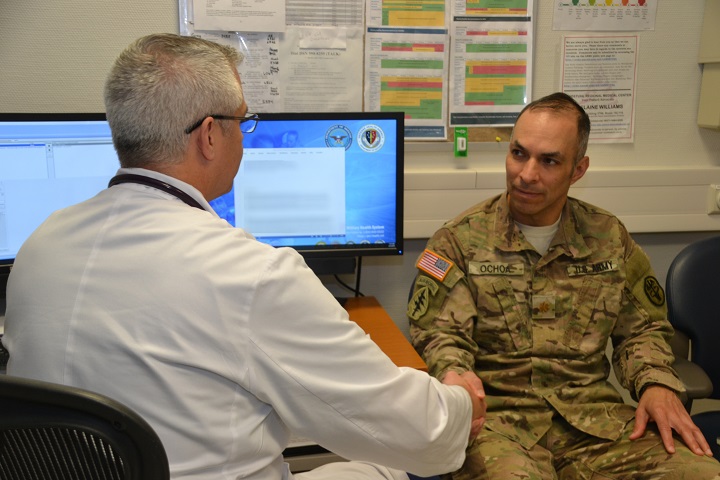
Men don't get care until later when later could essentially be too late
Going the distance runs in the family
Article
6/14/2018
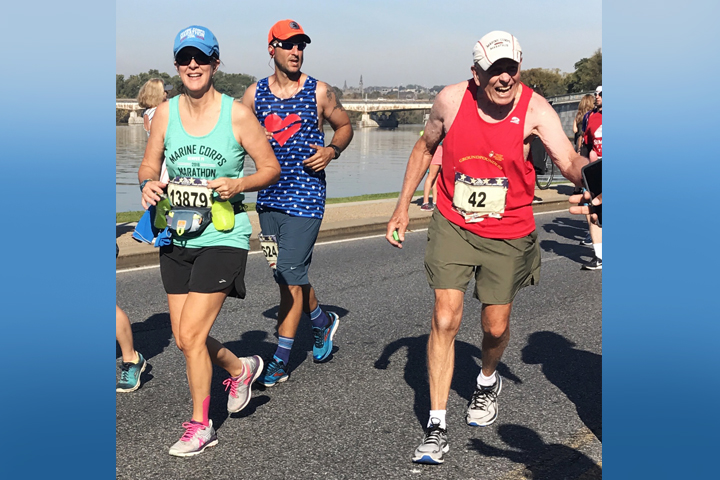
For this father/daughter team, running, and the Marine Corps principles that carry them, are in their blood
Five tips to improve men's health
Article
6/12/2018
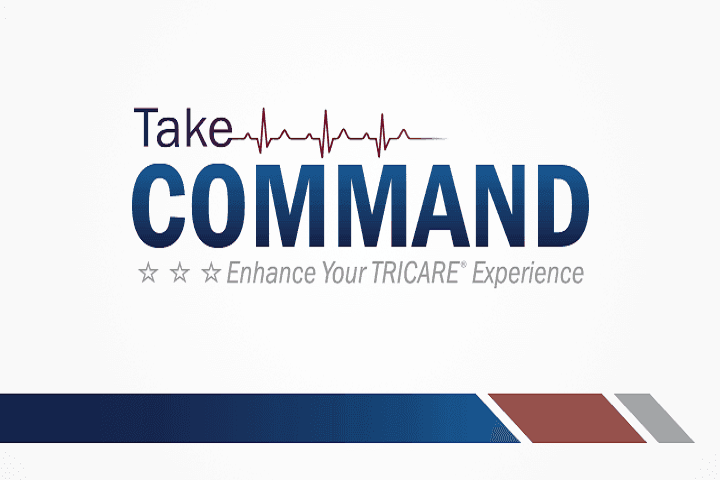
Taking preventive steps and making changes to your lifestyle can improve your health
Breaking down anxiety one fear at a time
Article
6/5/2018
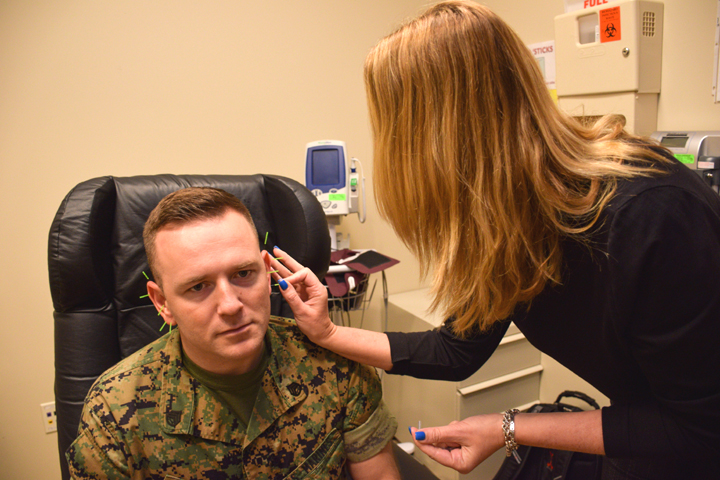
Generalized anxiety, panic disorder, and anxiety related to PTSD are common disorders. In fact, an estimated 31 percent of U.S. adults experience anxiety at some point in their lives; one marine discusses his journey.
Men’s Health Month: Never ‘too busy’ to focus on wellness
Article
6/1/2018
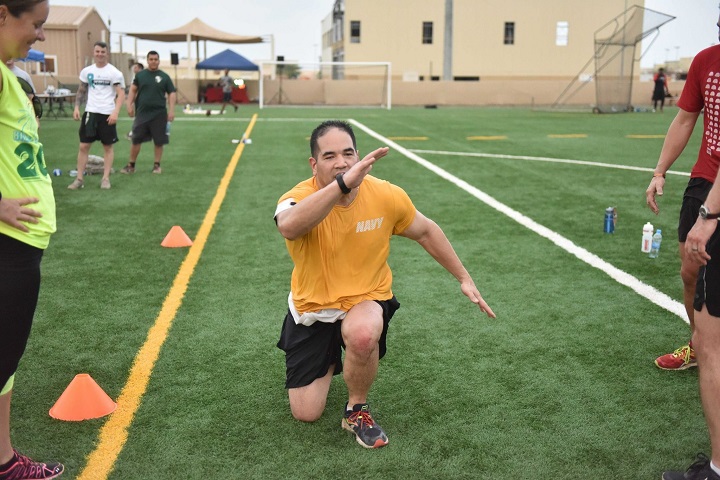
Don’t let summer fun distract from fitness
Assess your mental wellness during Mental Health Awareness Month
Article
5/25/2018
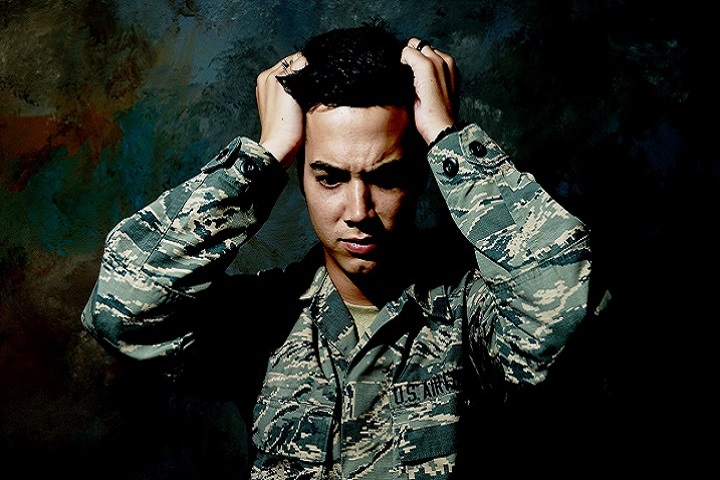
TRICARE provides mental health services for you and your family at all times
Getting tested for STIs is an 'important part of sexual health'
Article
4/26/2018
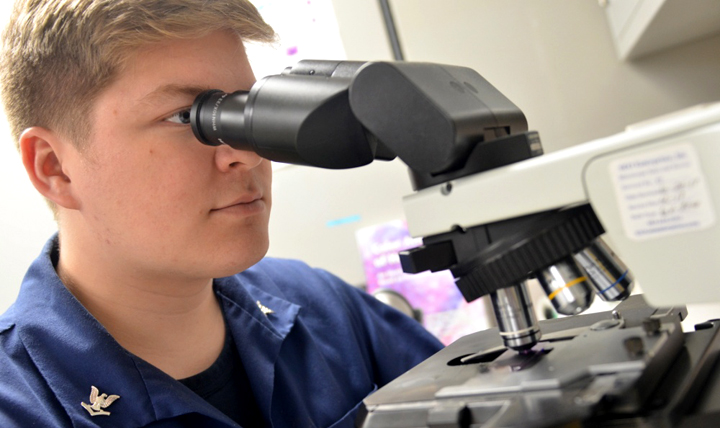
Chlamydia and gonorrhea are two of the most common sexually transmitted infections in the United States. Taking preventive steps, like getting tested and practicing safe sex, can help reduce risk of infection or spreading the infection to others.
Traumatic Brain Injury and the Art of Paddling
Article
3/7/2018

A U.S. Army veteran’s recipe for embracing life after several TBIs
'Exciting' advances in prostate cancer research this year
Article
6/29/2017
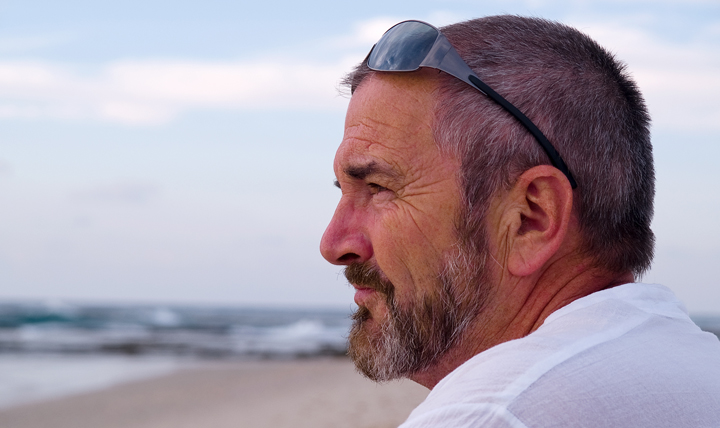
Prostate cancer is the second most common cancer among men in the U.S., second only to skin cancer





















.png)












No hay comentarios:
Publicar un comentario